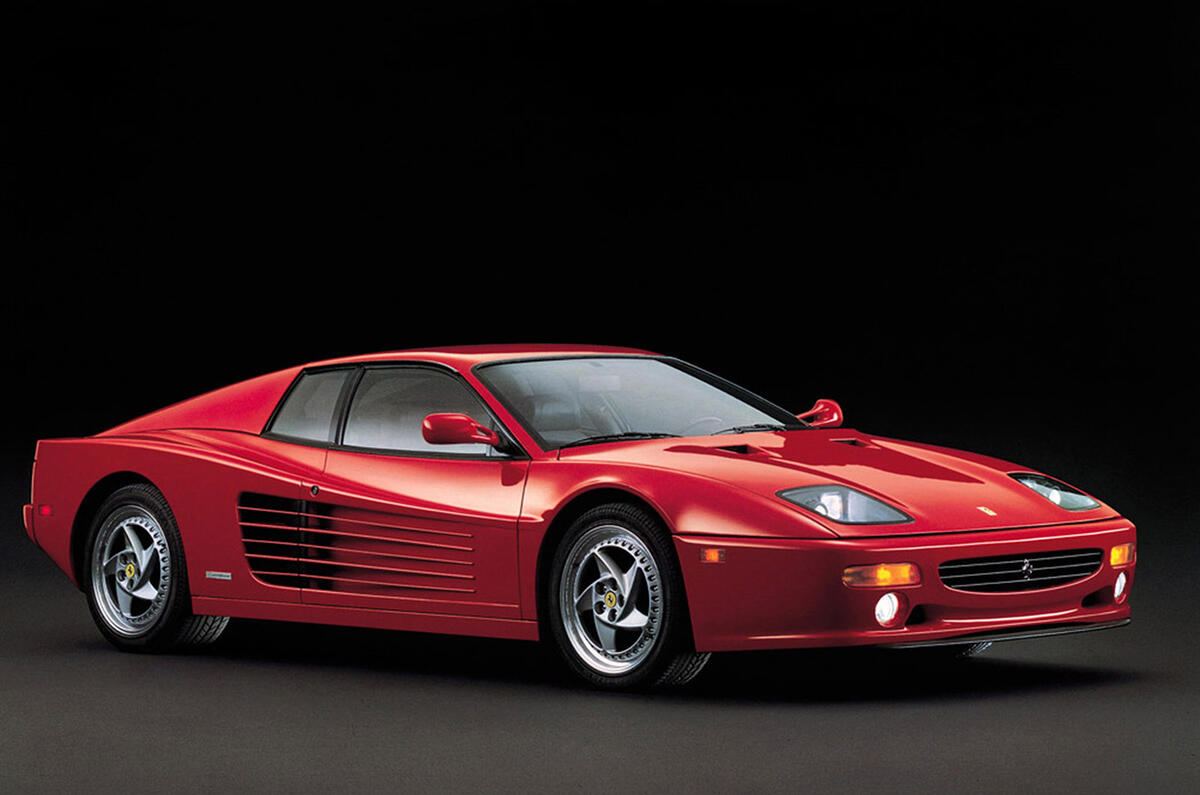I can’t deny it – I am in mourning for the internal combustion engine. I know I’m far from alone. True, the factories that produce piston engines have far from clattered to silence and won’t in 2030 either, because it’s not every country that’s outlawing them. But in Britain, we’re witnessing the beginning of the end of a device that has done more to move us than any other in history – more than the horse, more than the jet, more than ships or trains.
For some, it moves us emotionally as well as physically. No, I don’t weep with joy when I hear the crescendo of an especially tuneful engine – although I was close to crying with relief when my student Renault 4’s replacement engine finally fired up – but the sonorous crescendo of an Alfa V6, a Ferrari V8’s electrifying rip or the wailing shriek of Porsche’s flat six are all a reason to feel connections to a mechanism that are more than merely pragmatic.
Perhaps that’s because a piston engine is a mildly explosive form of wind instrument. One that can turn unexpectedly orchestral should its breathing tubes, combustion chambers and pistons enable it to let harmonious rip. To that you can often add the compelling beat of the crankshaft’s pumpings, especially if it’s of the mechanical balance ordained by a flat-six, a V8 or a 60-degree V6.
Or a Ferrari flat-12, whose welling, whipped-cream cacophony was my magnificent accompaniment when I drove an F512M to the Sahara in 1995. Its music added unanticipated grandeur to Morocco’s often unworldly vistas, 4.9 litres-worth of resonant bass intensifying the unsettling sight of jagged, alien mountain ranges blackening with the setting sun.
So I’m mourning for the varied, vocal and often characterful interior life of the car, the sound of it’s being alive and the aural celebration of its motivating mechanism, be it V8 rumble or the happy enthusiasm of a budget four banger. Yes, the soundless stealth of an EV is beguiling. But compared to the vast soundscape of internal combustion, it’s sterile.
READ MORE
Under the skin: How Porsche revived flat-six engines for the 718
The UK's 2030 petrol and diesel ban: Autocar’s response
Mercedes to 'eliminate' manual gearboxes and cull ICE powertrains




Join the debate
Add your comment
The bit that really hurts is that the ICE is being shouldered aside, not by any superior system, but by a combination of politics and fashion. Yes, the electric motor itself is a fine source of motive power, possibly superior to the ICE, even if soulless in use. The problem is the dependence on battery power. Measure on weight, capacity, refuelling time, or any other parameter you name, petrol or diesel is superior to batteries by a factor of 10! Manufacturers know this, which is why they quote power in BHP and battery capacity in kWh (no easy conversion).
Like other posters on this thread, I am lucky enough to be buying a new car in the next 18 months. Petrol, 6-cylinders, twin turbos and 3 litres are to be part of the package. I will keep it for as long as I can drive for enjoyment. In about 5 years time batteries should have improved enough to not be a ridiculous choice, or Hydrogen may have overcome its 'critical mass' problems, so I'll buy an electric car then.
Global Warming? Well the climate is changing, but despite the daily screaming on TV, the Jury is still out on it being man-made. I work with Tide Tables every day and there has been no change in sea levels going back years!!
Resigned to the fact this will probably be my last petrol. So I pushed the boat and bought pretty the best petrol engine I could for my budget. Hopefully in 3 years someone will also want it. It uses loads of fuel but I use it sparingly and it can get me to remote holiday spots and provides entertainment every time I extend it. An electric car maybe more accelerative but just feels a bit like a white good appliance.
Luckily I'm due a new car in the next two years. So it is going to be a straight six, with even better balance than the examples of engines which Richard gives. I'll be able to drive to Edinburgh non-stop without the panic of finding a (working) charging station every 200 miles. A prod of the 'sport' button brings back instant memories of 'the good old days' and even having to pay for my petrol, I will still be in the black for at least 50,000 miles because of the cheaper purchase price. I also won't have the problem of trying to get a 2 1/2 tonne car stopped for the next roundabout! Yes, electric cars will be superior, but not till batteries make a quantum leap.